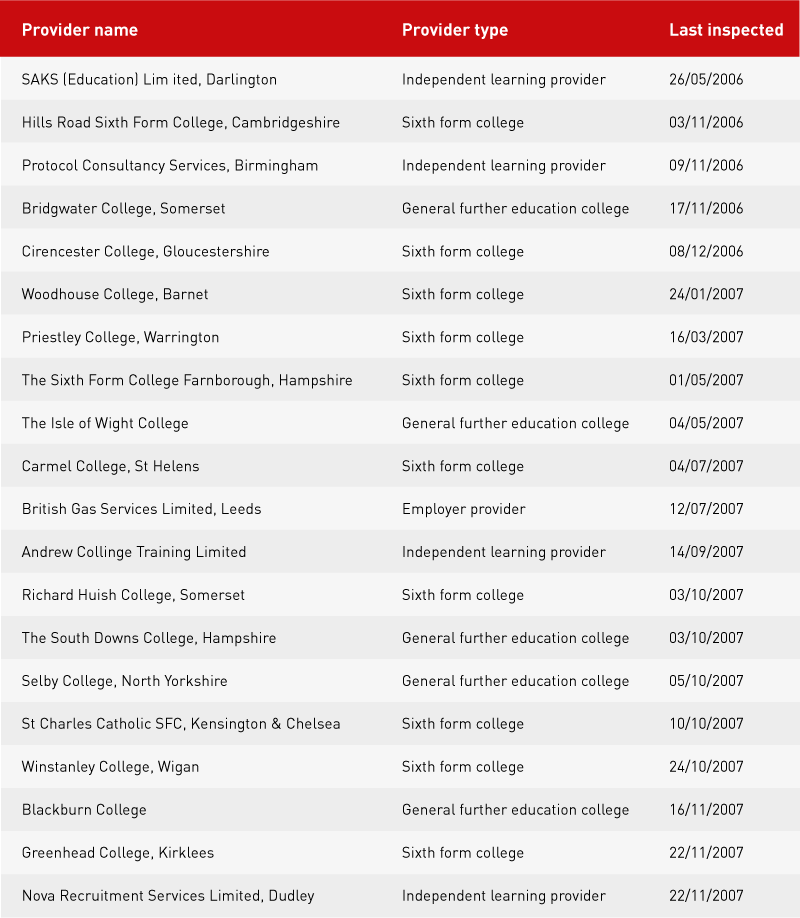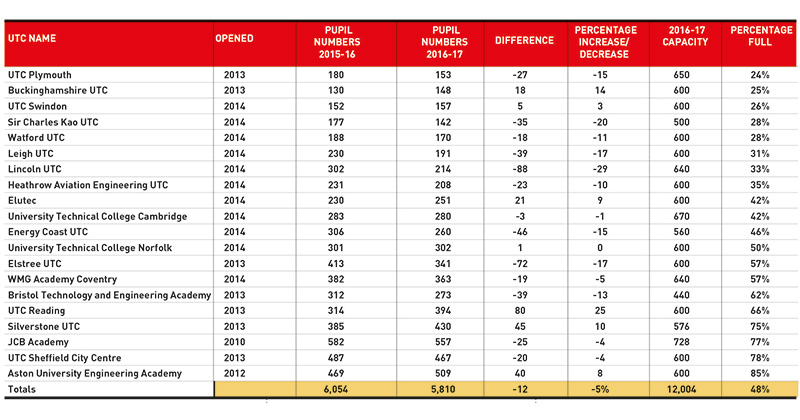A large London College that was rated inadequate less than two years ago, has pulled back from the brink to register a ‘good’ overall Ofsted rating in a report out today.
The report out today was full of praise for the leadership team at Ealing, Hammersmith and West London College.
The good-overall verdict, with only apprenticeships provision rated below this at grade three, represented a huge improvement from its previous inadequate report in October 2015.
Inspectors noted: “Through a persistent determination to ensure long-term sustainability, leaders, managers and governors have markedly improved the quality of provision, learners’ achievements and the financial position of the college.”
The report added they are “highly ambitious” for the college, with a clear vision and mission, that is well-communicated and understood by staff throughout the college.
The college, which has just over 13,000 over the last academic year, experienced tough times in the immediate aftermath of the previous inadequate rating.
It underwent an intervention from the FE Commissioner in December 2015, prompted by that damning Ofsted report.
Former Skills Minister Nick Boles, wrote in his letter reflecting on this: “Ealing, Hammersmith and West London College faces a challenging future.
“I shall be looking to you, the other members of the board and the college’s senior leadership team to provide the appropriate leadership in these difficult times.”
But the latest report recognised how they had risen to the challenge, with excellent results for learners.
It recognised that “extensive investment in improving teachers’ teaching and learning skills” has directly led to improved teaching and learning, and better outcomes, including for English and mathematics.
Governors, it recognised, also provide “good levels of support for the senior leaders”, while also holding them to account with “robust scrutiny”.
“Managers and staff create an inclusive, safe and welcoming environment for learners, where they behave well, and in which they and staff treat one another with care and respect,” the report added.
“In sharp contrast to the previous inspection, the large majority of learners now successfully complete their courses and make good progress.
“The large majority of learners attend their lessons well and punctually. Learners’ overall attendance has improved significantly since the previous inspection, and managers and all staff are committed to its further improvement.
Garry Phillips, the college’s chief executive, said: “I am incredibly proud of what the team and the students have achieved.
“We knew that the only way to transform the college quickly would be to have an unwavering focus on improving outcomes for students.”
In order to do this, the college “focused on providing courses which lead directly to employment or progression into further learning” and “created a strong working culture for staff at the college, training and incentivising staff and providing them with an environment where they can develop engaging learning materials”, Mr Phillips explained.
He added: “This inspection result is a testament to the staff’s dedication, professionalism, passion and ambition.”
Ealing, Hammersmith and West London College, which was allocated £1.2 million for adult apprenticeships, £11.8 million from the adult education budget, and £545,000 for 16 to 18 apprenticeships and traineeships for 2016/17, has four main sites at Ealing, Hammersmith, Acton and Southall.
The report said that 90 per cent of all enrolments are for courses up to, and including, level two. Around 75 per cent of all enrolments are for adult learners, mostly attending the college part-time.
Learners attending full-time are largely on 16 to 19 study programmes, mainly in vocational areas.
The report said: “In sharp contrast to the previous inspection, the large majority of learners now successfully complete their courses and make good progress.
“Learners’ achievement of a grade C or better in GCSE English and mathematics, although improving, remains too low.”

 “It could be because the date between inspections is an embarrassment. If I were Ofsted I wouldn’t want to be advertising the length of time between inspections.
“It could be because the date between inspections is an embarrassment. If I were Ofsted I wouldn’t want to be advertising the length of time between inspections.





























